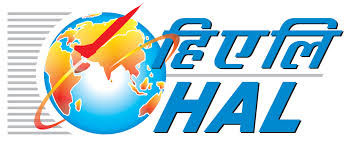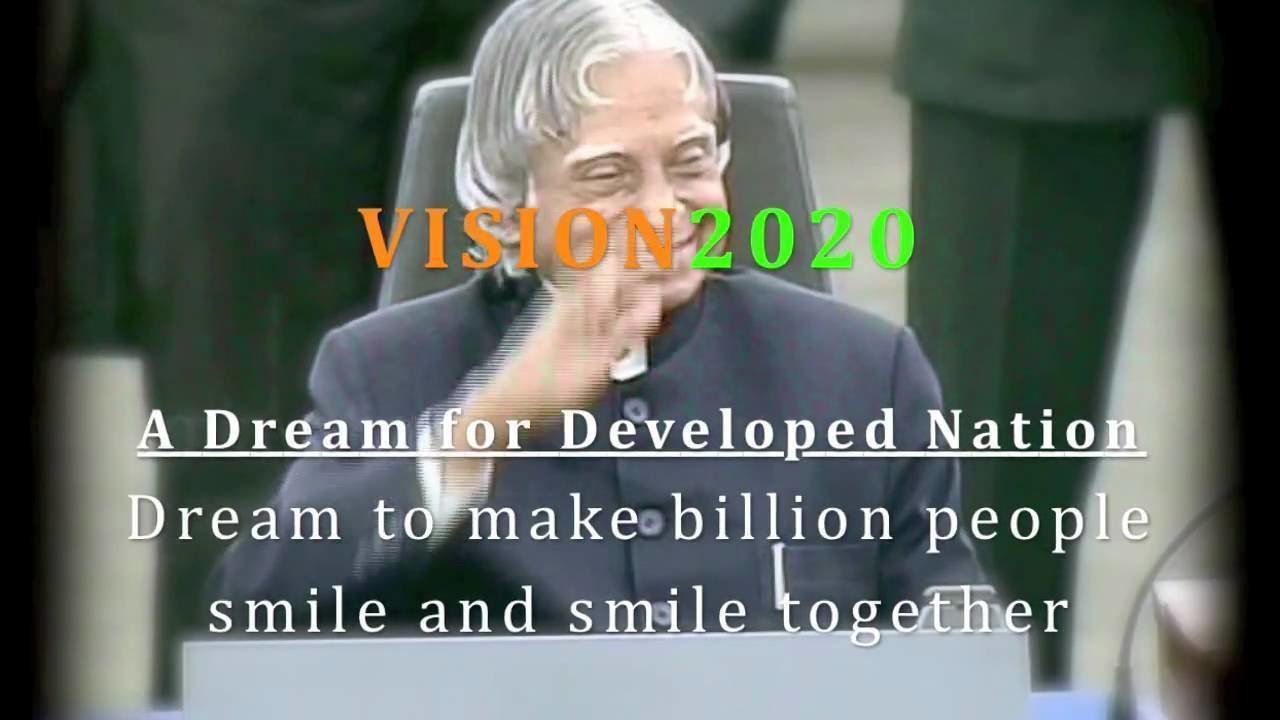http://www.thehindu.com/news/nation...rations-under-UDAN-report/article17040498.ece
About 44 airports across the country have “high potential” for operations under the ambitious Regional Connectivity Scheme (RCS) for civil aviation, UDAN, according to a report brought out by apex industry body FICCI has said.
“Based on the geographical, operational and commercial parameters, 44 out of the 414 underserved and unserved airports have high potential under RCS.
“We have also identified around 370 potential destinations for the shortlisted airports, including metros, State capitals and important commercial, industrial and tourism centres,” said the FICCI report, brought out in concert with global professional service company KPMG.
There are four high-potential RCS destinations in Uttar Pradesh, three each in Maharashtra, Rajasthan, West Bengal, Assam, two each in Arunachal Pradesh, Meghalaya, Bihar, Karnataka, Himachal Pradesh, Gujarat, Chhattisgarh and one each in Andhra Pradesh, Telangana, Tamil Nadu, Odisha, J&K, Puducherry, Lakshadweep, Daman and Diu, Haryana, Madhya Pradesh, Jharkhand and Uttarakhand.
“So far 22 States have joined the RCS and we have identified 30 airports where operations could be started immediately,” Union Civil Aviation Secretary Rajiv Nayan Choubey told PTI.
RCS, or UDAN ((Ude Desh Ka Aam Naagrik), was introduced as part of the National Civil Aviation Policy 2016 and was formally launched in October last. It provides an opportunity to take flying to the masses by way of fiscal incentives, infrastructure support and monetary subsidies (viability gap funding).
'Necessary infrastructure needs to be created'
Noting that RCS was a good scheme, Regional Director of International Civil Aviation Organisation Arun Mishra, however, said India did not have the wherewithal right now for RCS to become successful.
“They are trying to build the wherewithal but it will take some time,” he said. “We have to be careful about creating the enabling conditions for this scheme to become successful. One of the most important things is the right size of aircraft that you need.”
He said a plan was required to induct smaller aircraft for RCS operations.
“Many of the airports (identified for RCS) do not have big runways, so they can’t take regular aircraft. We need to induct smaller aircraft for short runways for short takeoffs and landings.
“Those aircraft are not available in our country,” Mr. Mishra, who earlier served as Director General of Civil Aviation, pointed out.
Also, Mr. Mishra said, there was shortage of pilots and crew.
“Small aircraft need specialised crew. We need a special initiative from the government to build that up.
Pilots and engineers can’t come overnight. We need to train them,” he added.
“India produced only about 200-300 pilots every year.
“The Civil Aviation University in China has 2000 trainers. It has 265 aircraft for training purposes,” the ICAO official pointed out.
Observing that aviation created high-value jobs and has multiplier economic effect, Mr. Mishra said “one aircraft that comes to the country, creates 600 jobs, directly and indirectly. These were not regular jobs that paid Rs. 5,000 or Rs. 10,000 a month, but those that paid Rs, 50,000 or Rs, 60,000.”
“Essentially, necessary infrastructure needs to be created for RCS to become successful. Airports Authority of India has readied 55 airports and there they can start the RCS,” Mr. Mishra added.
Meanwhile, the FICCI report suggested that Viability Gap Funding under the RCS be extended from the proposed three to five years or more as these airfields might taken even longer to become financially sustainable.
RCS operators should also be allowed to use pilots, cabin and maintenance crew of other airlines and allow foreign registered aircraft for operations.














